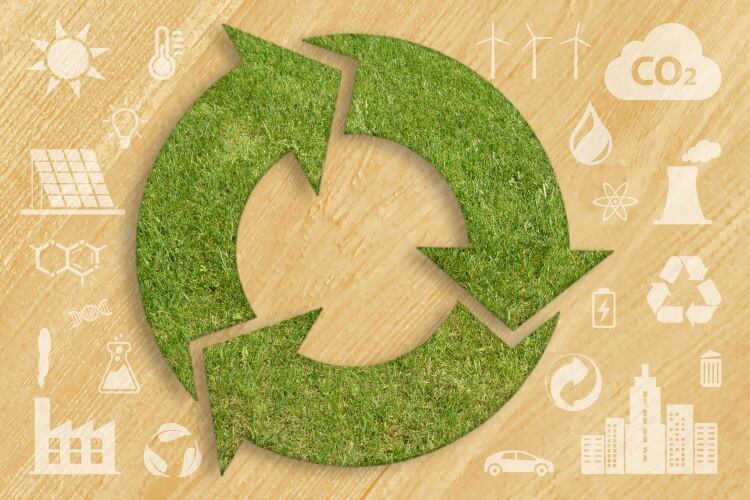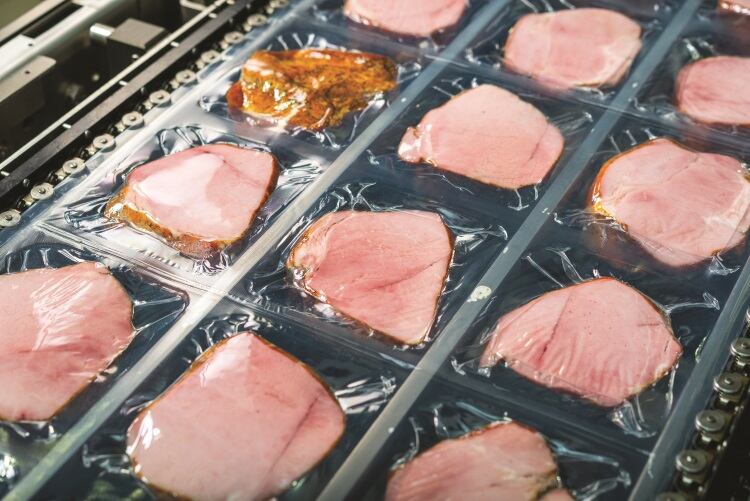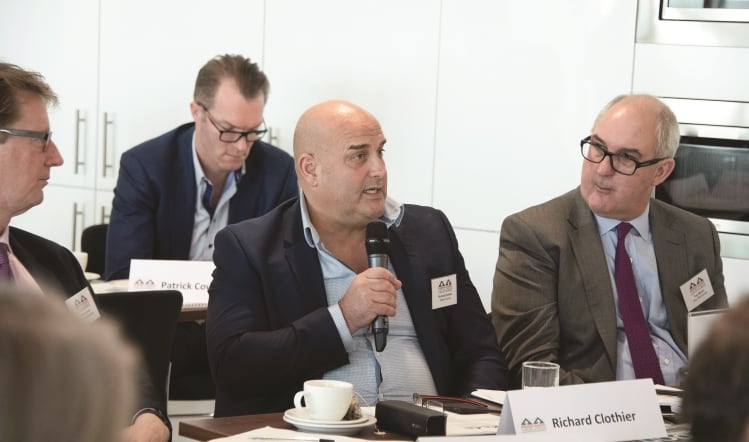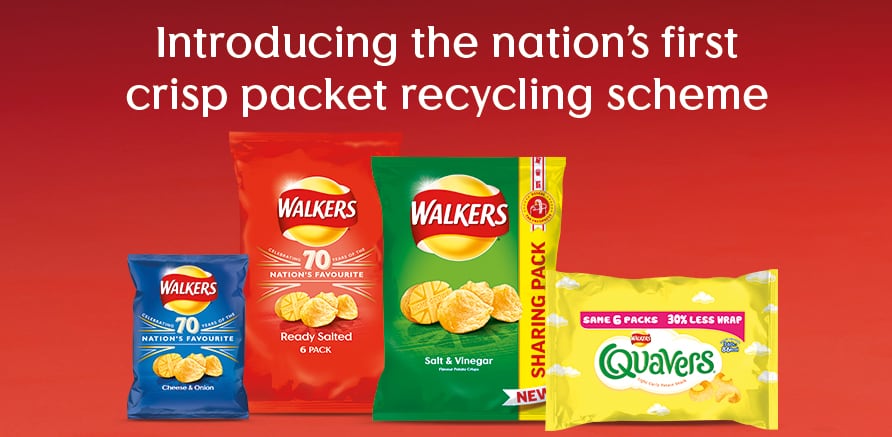The consultations cover packaging producers being made to cover the full cost of dealing with their waste, household recycling and the Deposit Return Scheme for cans and bottles.
The Department for Environment, Food & Rural Affairs (Defra) suggests that there is a rise in public consciousness when it comes to the need to tackle packaging waste. It wants unnecessary and difficult to recycle packaging to reduce substantially and more packaging designed to be recyclable. As part of this plan, it proposes that the costs of recycling borne by those that produce packaging waste and place it on the market.
It said: “Currently, packaging producers pay only around 10% of the cost of dealing with packaging waste. By increasing that to cover the full amount, government will incentivise producers to think carefully about using less packaging, and to switch to using packaging that is easier to recycle.”
The Deposit Return Scheme consultation will cover two options on how it could work if introduced.
The first option, known as the ‘all-in’ model, would target a large amount of drinks beverages placed on the market, irrespective of size. The second option, known as the ‘on-the-go’ model, would restrict the drinks containers in-scope to those less than 750ml in size and sold in single format containers. This model would target drinks most often sold for consumption outside of the home.
It is estimated that these initiatives could drive up the recycling of an estimated three billion plastic bottles which are currently incinerated, sent to landfill or left to pollute streets, countryside and the marine environment.
Environment secretary Michael Gove said: “We are committed to going further and faster to reduce, reuse, recycle and cut waste. That’s why we are leading the way to move away from being a ‘throw-away’ society and drive up domestic recycling.
“Through our plans we will introduce a world-leading tax to boost recycled content in plastic packaging, make producers foot the bill for handling their packaging waste, and end the confusion over household recycling.
“We are committed to cementing our place as a world leader in resource efficiency, so we can be the first generation to leave our environment in a better state than we inherited it.”
Sian Sutherland, co-founder of lobby group A Plastic Planet, said the proposals don’t go far enough. "In the UK we throw away 300 billion pieces of plastic every year. We recycle nine percent of it in the UK. We export a huge amount to developing countries. We need a giant stride not a fairy step and we need it now, not in 2022.
"Where are the plastic-free carrot incentives? Why are we still talking about recycling as the answer? If that really was the best way out of this plastic disaster, we can start by recycling some of the 6.3 billion tonnes of it lying somewhere on our planet. We need to switch urgently to other materials.
"We need Michael Gove to be strong on this. Already we are seeing signs of the strategy being watered down. We owe it to our children that we step up and do the right thing now and do not falter. In 10 years time we will be answerable to them - not to the oil lobbyists."
Food Manufacture’s sister site GlobalMeatNews is holding a webinar on sustainable packaging in the meat industry. To register for Protecting Our Future: Sustainable Packaging In The Global Meat Industry, click here.




